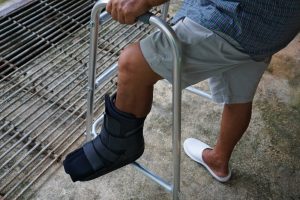 By: Susan St. John
By: Susan St. John
In yet another take-down of an illicit scheme to defraud the Medicare Program and ChampVA, as well as other insurers, Patsy Truglia has been sentenced to 15 years in federal prison. He has also had assets forfeited since these assets were acquired with money from his ill-gotten fraud scheme. In total, Mr. Truglia and his co-conspirators collected approximately $18.5 million from Medicare, ChampVA, and insurance using a scheme of telemarketing, telemedicine, and multiple DME providers or “store fronts.”
The scheme used telemarketers to collect beneficiaries personal and medical information to create orders for DME products such as knee, back, and wrist braces. These orders were then provided to telemedicine practitioners for signature – often without a valid telehealth communication. In essence, there was no attempt at having a practitioner exercise independent judgment as to the medical necessity of these DME products. Instead, these practitioners were paid for their signatures on the pre-filled order forms as part of the “scheme of greed.” From January 2018 to 2019, this scheme of greed resulted in approximately $12 million in payment to Truglia and his co-conspirators.Continue reading

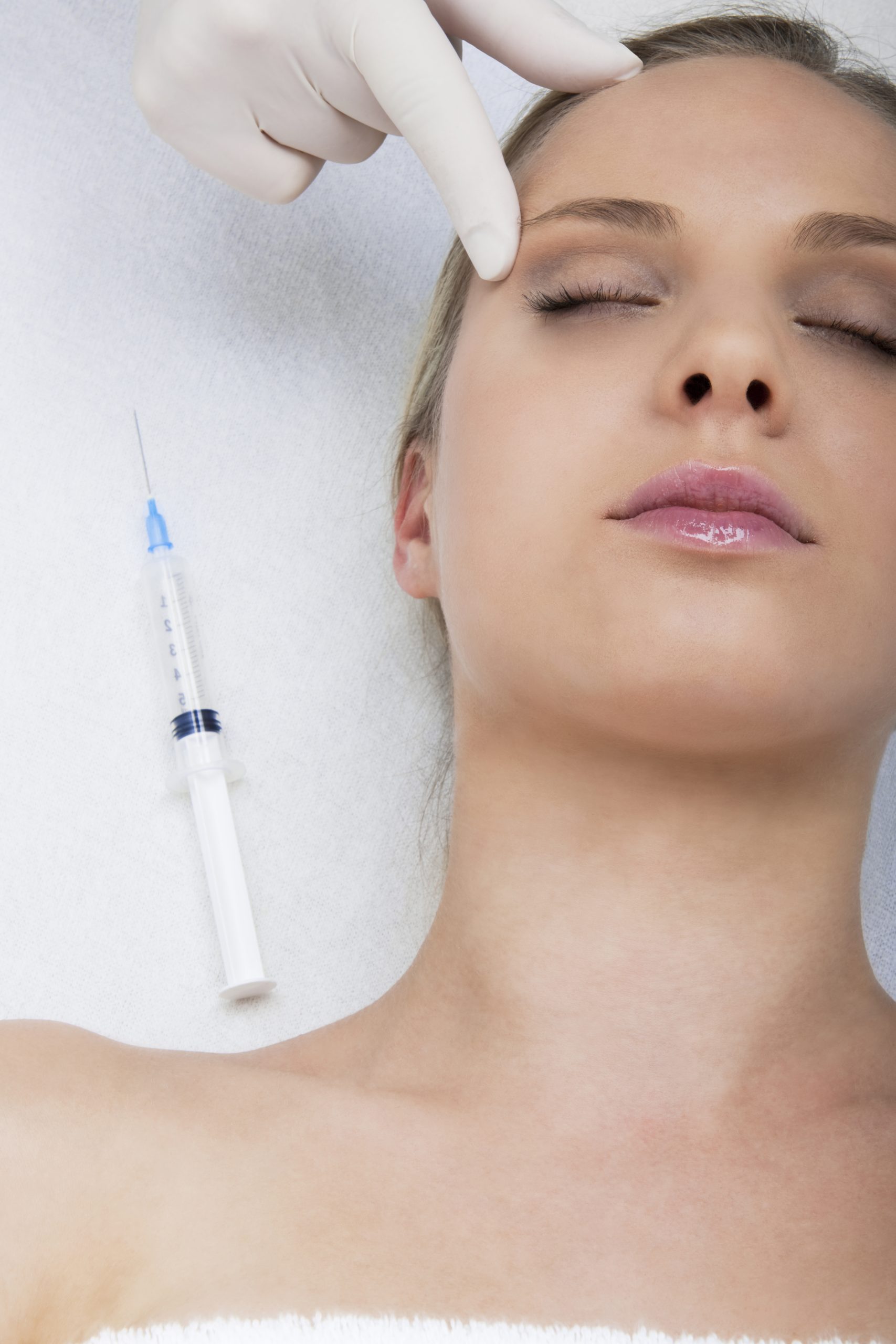
 Medical Spas nationwide, but specifically in Florida, have been opening up at a staggering pace. For many reasons, including new services, technological advances, and lax regulations, the opportunities for
Medical Spas nationwide, but specifically in Florida, have been opening up at a staggering pace. For many reasons, including new services, technological advances, and lax regulations, the opportunities for 
 By:
By: 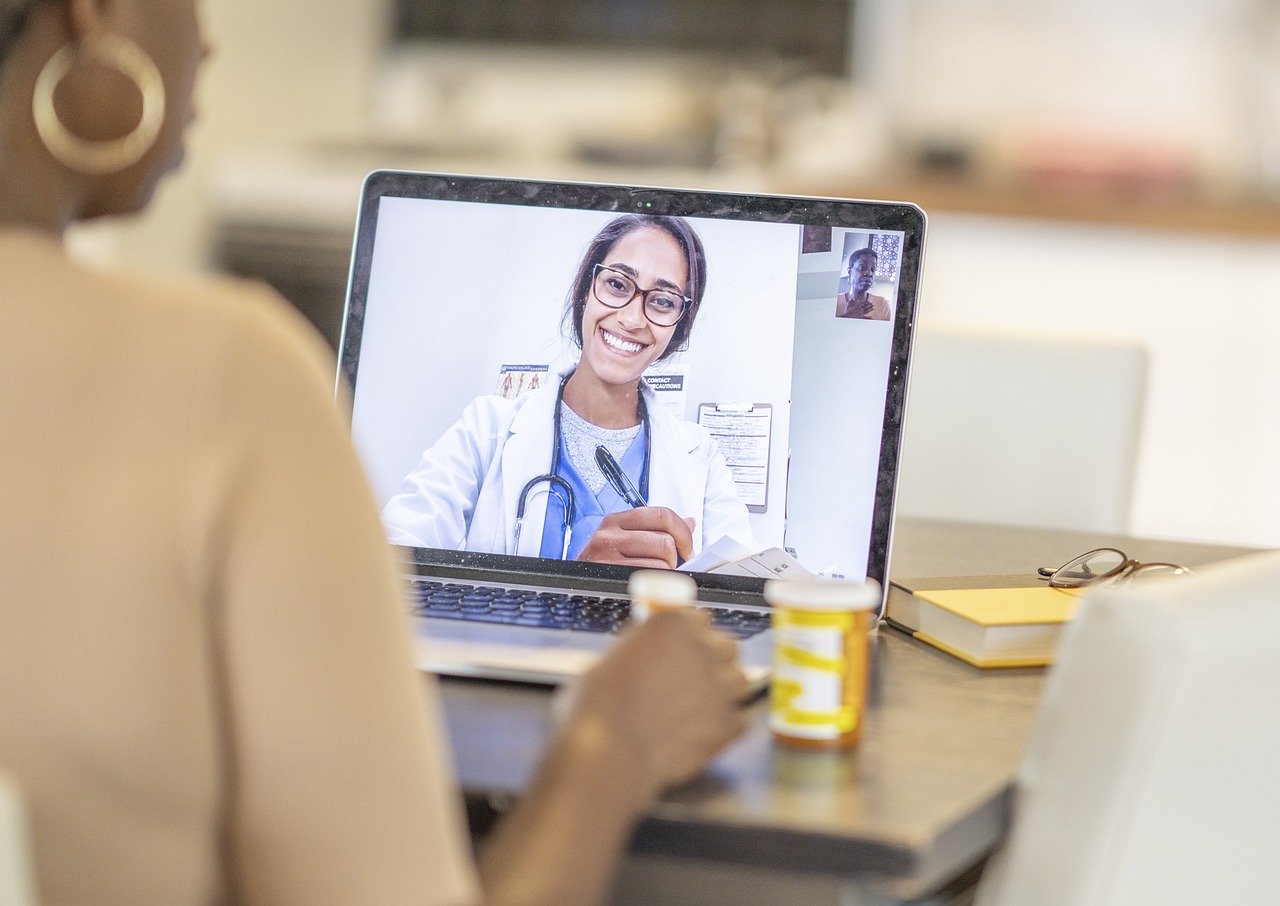
 By:
By: 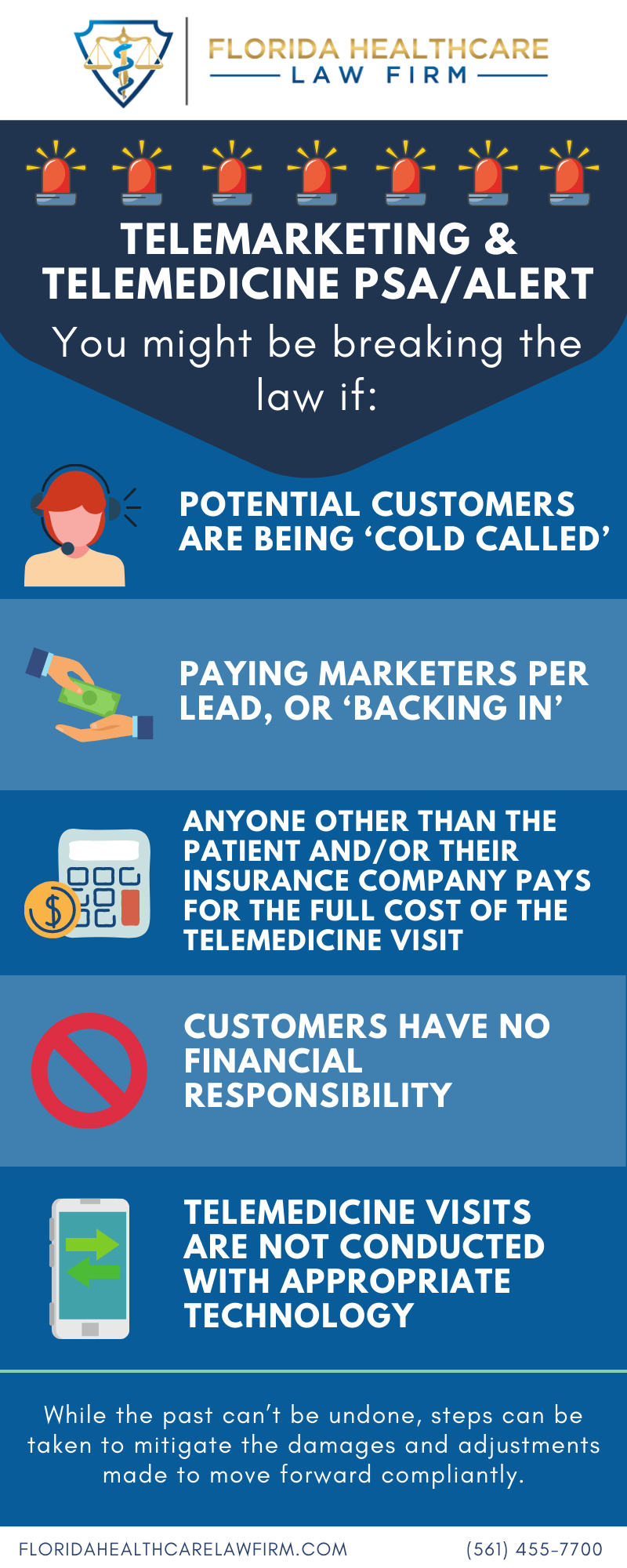

 By:
By: 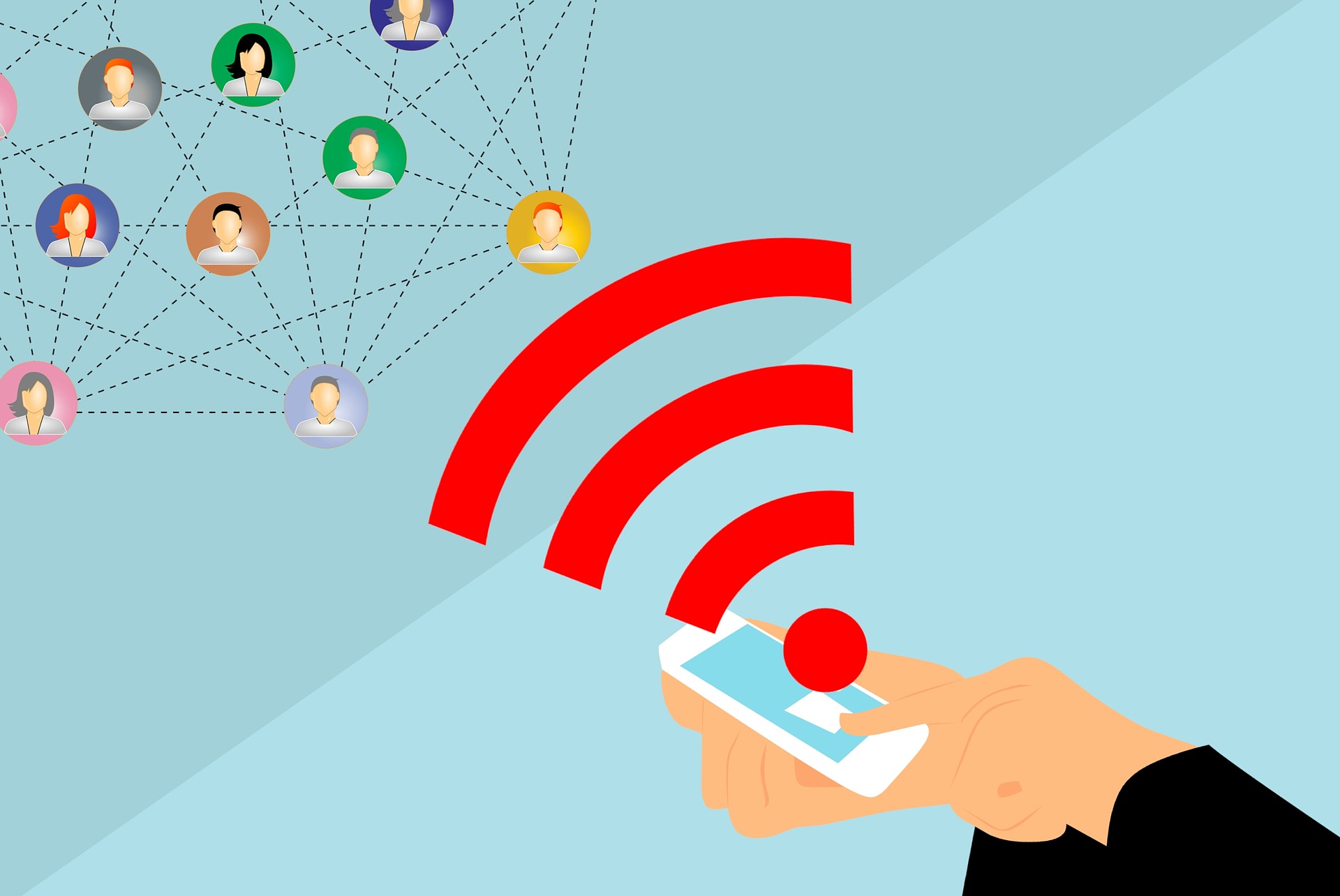
 By:
By: 
 By:
By: 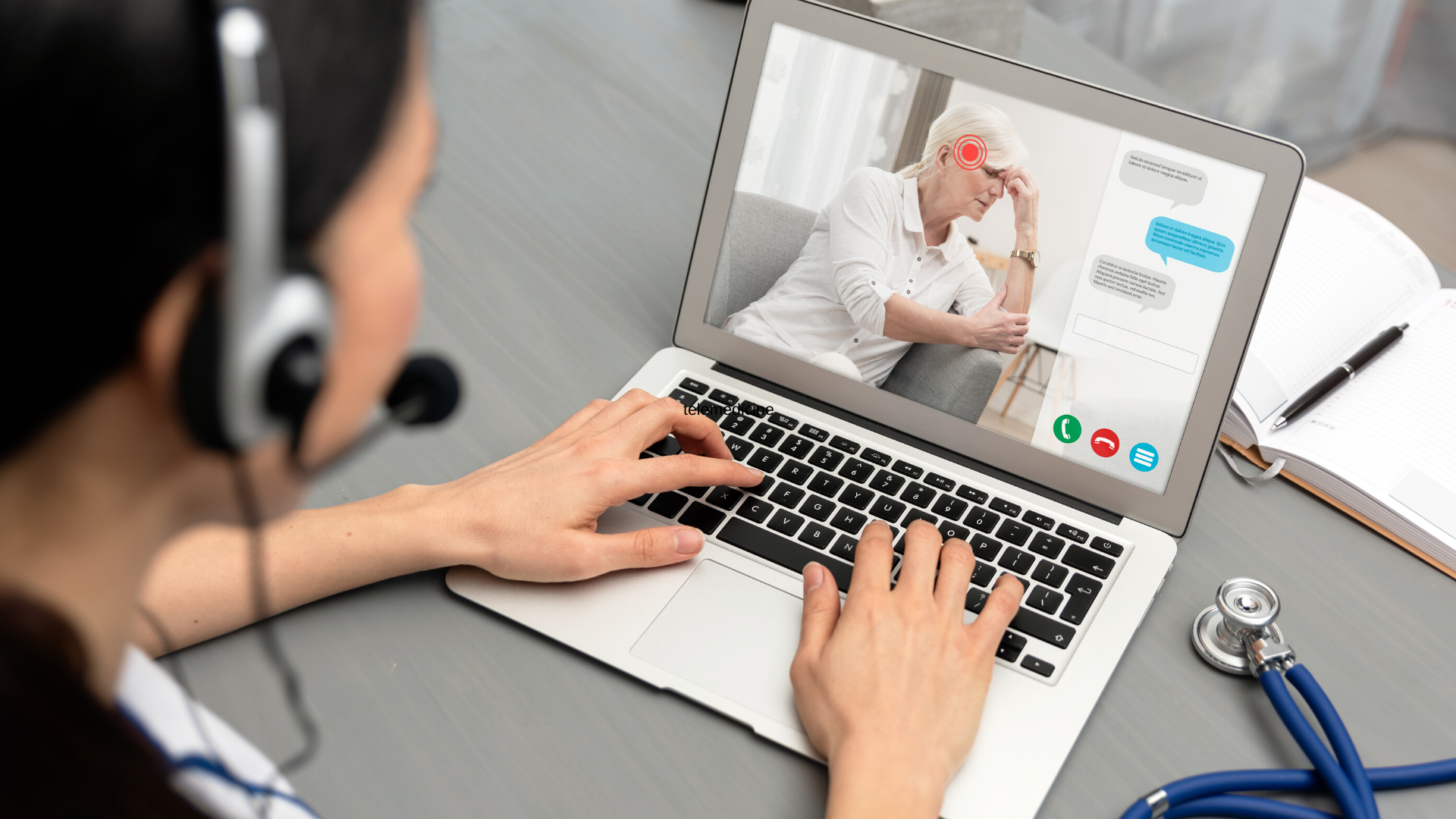
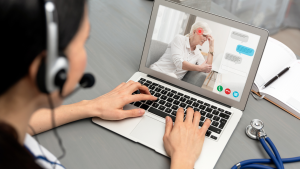 By:
By: